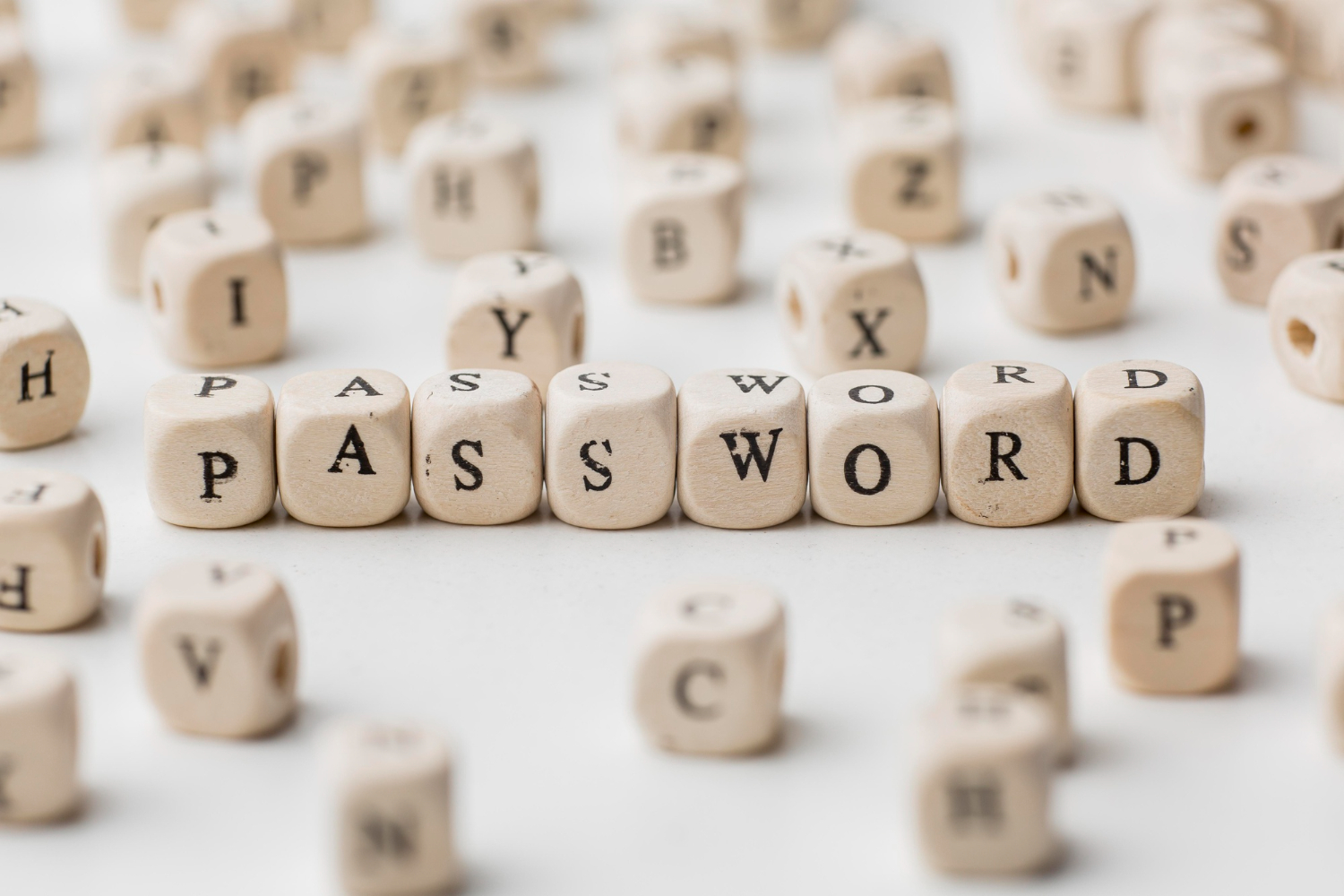How Often Should You Change Your Passwords? Expert Tips

In today's digital world, securing your online accounts is more critical than ever. With cyber threats continuously evolving, using strong passwords and updating them regularly is essential to protect your sensitive information. But how often should you change your passwords? Let's dive into expert recommendations and best practices for keeping your accounts secure.
How Often Should You Change Your Passwords?
General Guidelines
Cybersecurity experts generally recommend updating passwords at least every three to six months, especially for sensitive accounts such as banking, email, and work-related platforms. However, some accounts may require more frequent changes depending on their risk level.
When to Change Your Password Immediately
Regardless of your regular schedule, you should change your password immediately if:
- You receive a security alert or notification of an unauthorized login attempt.
- The website or service you use has reported a data breach.
- You suspect that someone else may have gained access to your account.
- You accidentally shared your password with someone you don’t fully trust.
- Your password is weak or easily guessable (e.g., "123456" or "password123").
The Risk of Changing Passwords Too Often
While frequent password changes may seem like a good practice, cybersecurity professionals warn against excessive updates. Changing your password too often can lead to weak security habits, such as reusing similar passwords or writing them down in insecure locations. Instead of arbitrary changes, focus on using strong, unique passwords for each account and updating them only when necessary.
Expert Tips for Secure Password Management
1. Use a Strong Password Generator
Creating complex and unique passwords for each account can be challenging. A strong password generator, like the one provided by UpKepr, can help you generate secure passwords that are difficult to crack. A strong password should include:
- At least 12-16 characters
- A mix of uppercase and lowercase letters
- Numbers and special characters (e.g., @, #, $)
- No common words or predictable patterns
2. Enable Two-Factor Authentication (2FA)
Two-Factor Authentication (2FA) adds an extra layer of security by requiring a second form of verification, such as a code sent to your phone or email. Even if someone obtains your password, they won’t be able to access your account without the second authentication step.
3. Avoid Using the Same Password for Multiple Accounts
Reusing passwords across multiple sites increases your risk if one account is compromised. Instead, use unique passwords for each service. If remembering multiple passwords is difficult, consider using a password manager to store them securely.
4. Check If Your Password Has Been Leaked
Regularly check if your passwords have been exposed in a data breach using services like Have I Been Pwned. If your password appears in a breach, change it immediately.
5. Don’t Store Passwords in Plain Text
Avoid keeping a written list of passwords on your phone, in notebooks, or in digital files without encryption. Use a reputable password manager instead.
6. Be Cautious of Phishing Attempts
Hackers often use phishing emails to trick users into revealing their passwords. Always verify the authenticity of emails and never click on suspicious links requesting your login credentials.
Conclusion
While changing your password regularly is essential, the quality of your password is even more critical. Rather than setting a strict schedule, focus on creating strong, unique passwords and updating them when necessary. Utilize tools like UpKepr Strong Password Generator to enhance your security and keep your accounts safe from cyber threats.
Note: IndiBlogHub features both user-submitted and editorial content. We do not verify third-party contributions. Read our Disclaimer and Privacy Policyfor details.







